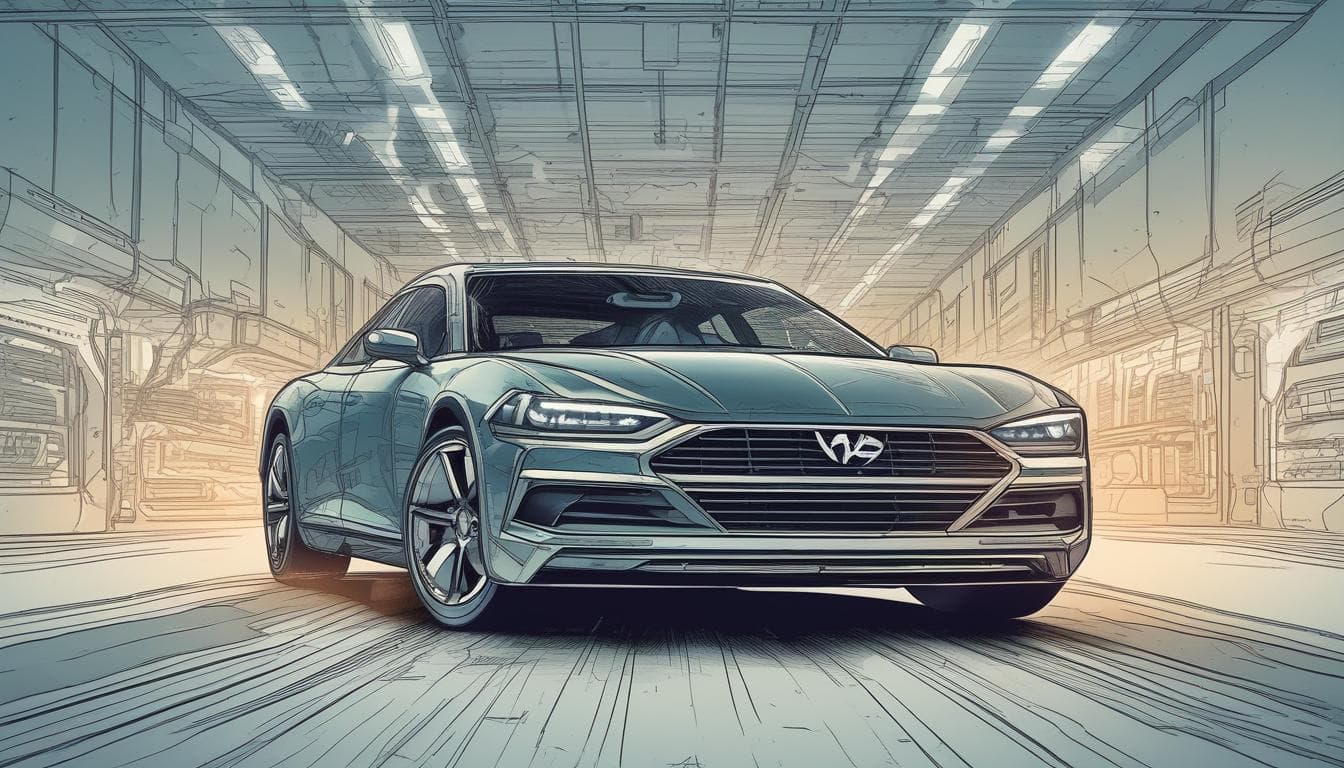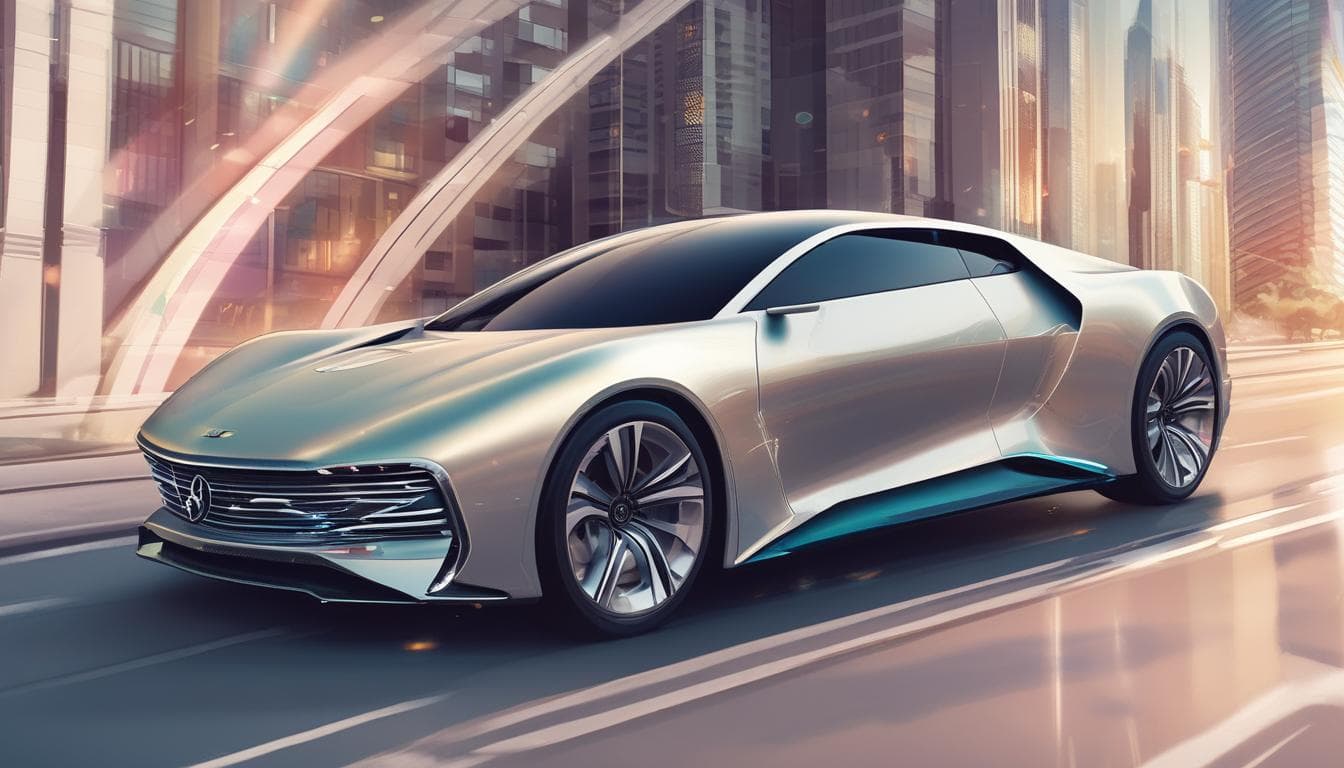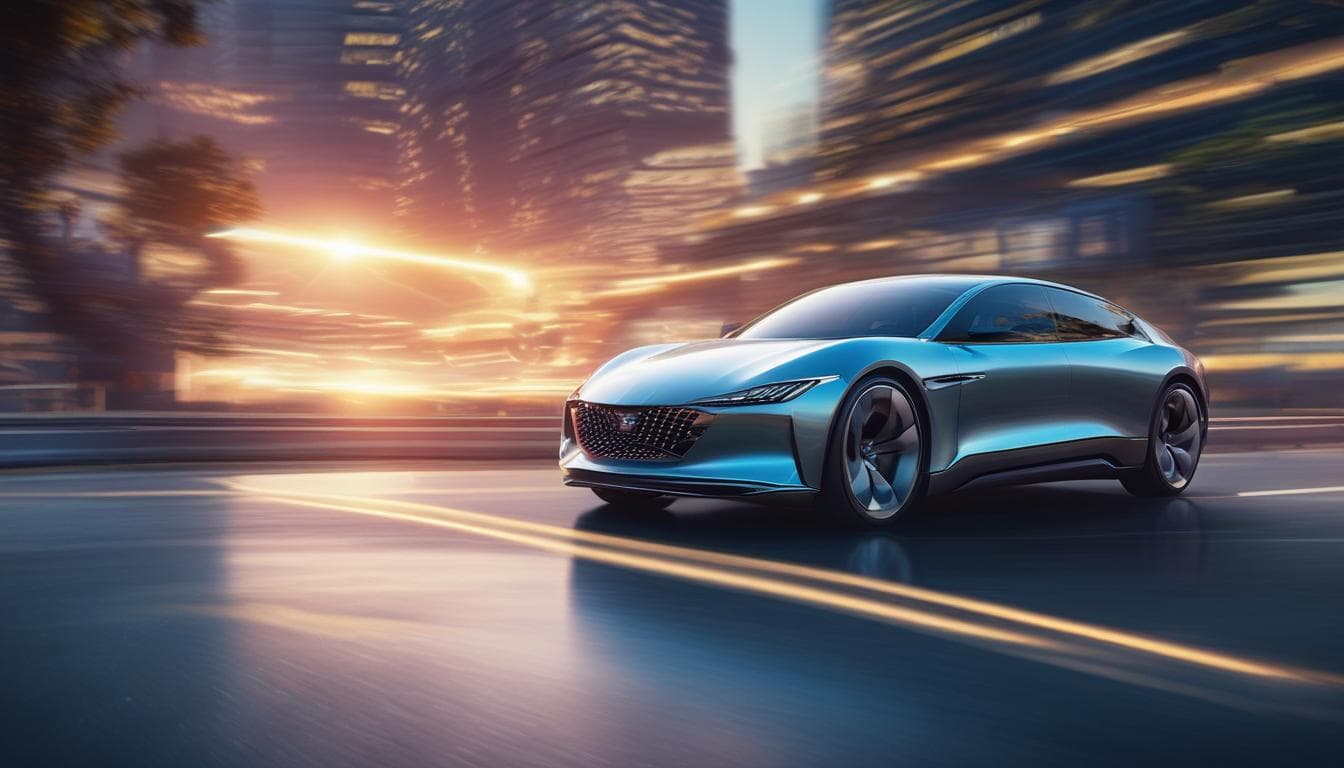Imagine a future where cars are equipped with advanced bio-sensors and AI that allow them to 'understand' and interact with the natural world around them. Beyond just avoiding obstacles, what if your car could detect subtle changes in air quality, identify local wildlife, or even contribute data to ecological preservation efforts? How might this 'ecological consciousness' transform our driving experience, car design, and our relationship with both nature and our vehicles?
What an incredibly thought-provoking concept! The idea of vehicles possessing an 'ecological consciousness' truly expands our understanding of what a car can be. It moves beyond mere transportation and into a realm of active environmental stewardship.
Transforming the Driving Experience
Imagine every journey becoming an opportunity for environmental engagement. Your car wouldn't just navigate roads; it would provide real-time insights into the health of the surrounding ecosystem. Picture a dashboard displaying localized air quality maps, identifying bird species you pass by, or even alerting you to sensitive plant life nearby. This could fundamentally alter our driving habits, encouraging more mindful and less impactful travel. For instance, a vehicle might suggest a slightly longer route to avoid a nesting area or automatically switch to a quieter, electric-only mode when traversing a nature reserve. This level of environmental awareness, powered by sophisticated AI, could redefine our interaction with the world outside our windows, turning mundane commutes into educational and ecologically aware experiences. It’s a natural evolution of how AI is reshaping the automotive landscape from design to the driving experience itself.
Impact on Car Design and Our Relationship with Vehicles
Car design would need to evolve significantly. Beyond the sleek aesthetics and performance metrics, engineers would focus on integrating a new suite of environmental sensors – from advanced atmospheric monitoring devices to sophisticated bio-acoustic detectors and even microscopic particulate matter sensors. The very materials used could be chosen not just for safety or efficiency, but for their minimal environmental footprint, perhaps even incorporating self-cleaning or air-purifying properties.
Our relationship with our vehicles would deepen considerably. Instead of just a machine that takes us from A to B, our car becomes a partner in environmental observation and protection. It transforms into a mobile data collection unit, silently contributing to vital ecological research by sharing anonymized data on air quality, biodiversity, or even micro-climate changes. This collaborative aspect, where vehicles become part of a larger interconnected network, truly highlights the potential of EVs and IoT converging to transform the automotive landscape. It fosters a sense of shared responsibility, making us feel more connected to the natural world through the very technology we use to navigate it.
Further Considerations
Of course, this vision also brings up important discussions around data privacy (who owns this ecological data?), the potential for 'environmental surveillance,' and the ethical guidelines for how a car's 'consciousness' might influence our choices. Nevertheless, the potential for vehicles to become active participants in ecological preservation is a truly exciting frontier for the automotive industry.
이 주제에 대해 더 알아보기
대화에 참여하기
- 자율주행 시대, 자동차 산업의 미래는? 💡
자율주행 기술이 자동차 세계를 어떻게 변화시킬지, 그리고 독시의 자율주행 사업은 어떤 기술과 생태계를 구축하고 있는지에 대한 토론입니다. 자동차 산업의 미래와 자율주행 기술에 대한 다양한 의견을 나눠보세요.
- 자율주행 시대, 꿈꾸는 미래 자동차 실내 디자인은?
자율주행 기술 발전에 따라 미래 자동차 실내 디자인은 어떻게 변화할까요? 이동 중 업무, 휴식, 엔터테인먼트 등 다양한 활동을 위한 이상적인 자율주행 자동차 실내 공간에 대한 아이디어를 공유하고, 자율주행이 우리 삶에 가져올 변화에 대해 토론해 보세요.
- 자율주행 시대, 꿈꾸는 미래 자동차 실내 디자인은?
자율주행 기술의 발전으로 자동차 실내 공간은 어떻게 변화할까요? 이동 중 업무, 엔터테인먼트, 휴식 등을 위한 맞춤형 공간 구성, 탑승자 감정 반응 인테리어, 증강현실 기술 활용 등 혁신적인 아이디어를 공유하고 미래 자동차 디자인을 함께 상상해보세요.





